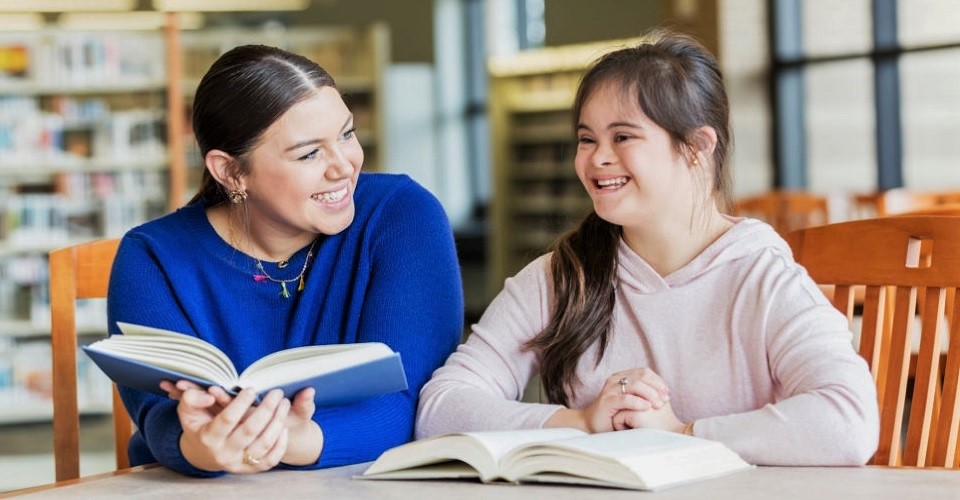The Impact of Differentiated Instruction on The Future Special Needs Educators
6th February 2020

Differentiation or differentiated instruction is the way a teacher prepares instruction to meet the needs of all the children in an inclusive classroom, from the most challenged to the most gifted. Differentiated instruction is not only going to help the special education students fully participate, it is also expected to enrich and improve the experience of the special education educators as well. In the following lines, we will have a look at how the nuances of differentiated instruction impact the development of the learners who are at present pursuing the teacher training courses on special educational needs.
There are a number of components that build up a differentiated instruction methodology and they are defined in the following lines along with the impact they leave on the future special needs educator.
1. Strong Visual Component
Children with reading problems have a great deal less difficulty dealing with pictures than symbols. A special needs educator might even create teams of children to work together to gather pictures for instruction in a classroom. This is helpful for both the students as well as the teachers and should be inculcated by the learners of the teacher training courses on special educational needs.
2. Collaborative Activities
Collaboration is the mark of a successful leader and future educator, so this is a skill all learners of the teacher training courses on special educational needs will need to inculcate. One of the strongest reasons for inclusion is the fact that working across ability groups helps to make the students more confident. The special needs educator can take time to teach collaboration, which he/she can do by having a group of students model the process of collaboration, and then evaluate their performance as a group. This can help in the creation of an atmosphere conducive for the development of the overall teaching-learning procedure.
3. Peer Teaching
Peer teachers can help each other with flashcards, written assignments, and collaborative activities. These are some of the tools that the special needs educator could implement while teaching his/her students in case of peer teaching. So it is essential that they have a thorough understanding about peer teaching methodology while pursuing the teacher training courses on special educational needs.
4. Multi-Sensory Approach
Some of the children with special abilities may have strengths in unexpected areas. They may be great illustrators, creative builders, and extraordinarily capable at gathering information on the internet visually. The more sensory avenues the teacher can engage his/her students in as he/she is introducing new material, the more likely it is for the students to retain it. There are a number of activities, which are known as IEP’s (Individualized Education Program) to cater to the development of the special education needs children and a future special needs educator should learn about and inculcate them while pursuing the teacher training courses on special educational needs.
5. Assessing the strengths
There are a lot of ways to assess the strengths of the special education needs students for the educator. Rather than asking a student to write, he/she may ask the young learner to sort or group pictures according to criteria he/she has learned, name pictures, or have the students answer questions that help them display knowledge of the materials of study. It is important for a future educator to learn about the ways of assimilating these activities in the course curriculum for the development of the children who require special education when they prepare themselves as future educators as they pursue the teacher training courses on special educational needs.
There are several ways, some of which have been discussed in the above lines, which help a special needs educator to deliver the course content to the students under his/her tutelage. It is important for the educator to understand and inculcate these means of educating the students under his/her tutelage and thus cater to their development in a profound way, especially during their formative phase as the learners of the teacher training courses on special educational needs, enabling them to pave the way towards a challenging yet enriching career of educating the children with special abilities.

